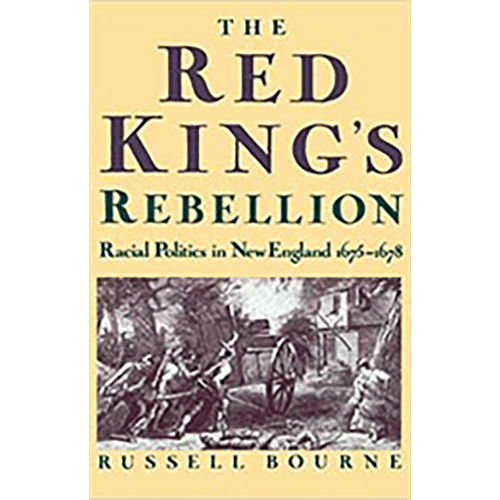Description
Author Russell Bourne
Publisher Oxford University Press
format paperback
condition like new
Summary
The Red King's Rebellion: Racial Politics in New England 1675-1678 by Russell Bourne provides an in-depth analysis of King Philip’s War, one of the most devastating conflicts in early American history. Bourne explores the racial and political tensions between Native American tribes and English colonists, delving into the war’s origins, battles, and its long-lasting impact on New England society. The book vividly recounts the complex alliances, betrayals, and cultural struggles that shaped this brutal war. Bourne presents compelling historical insights, illustrating how the war altered the balance of power and set a precedent for future Native American relations in the colonies. This engaging and meticulously researched work is essential for readers interested in early American history, indigenous resistance, and colonial policies.
